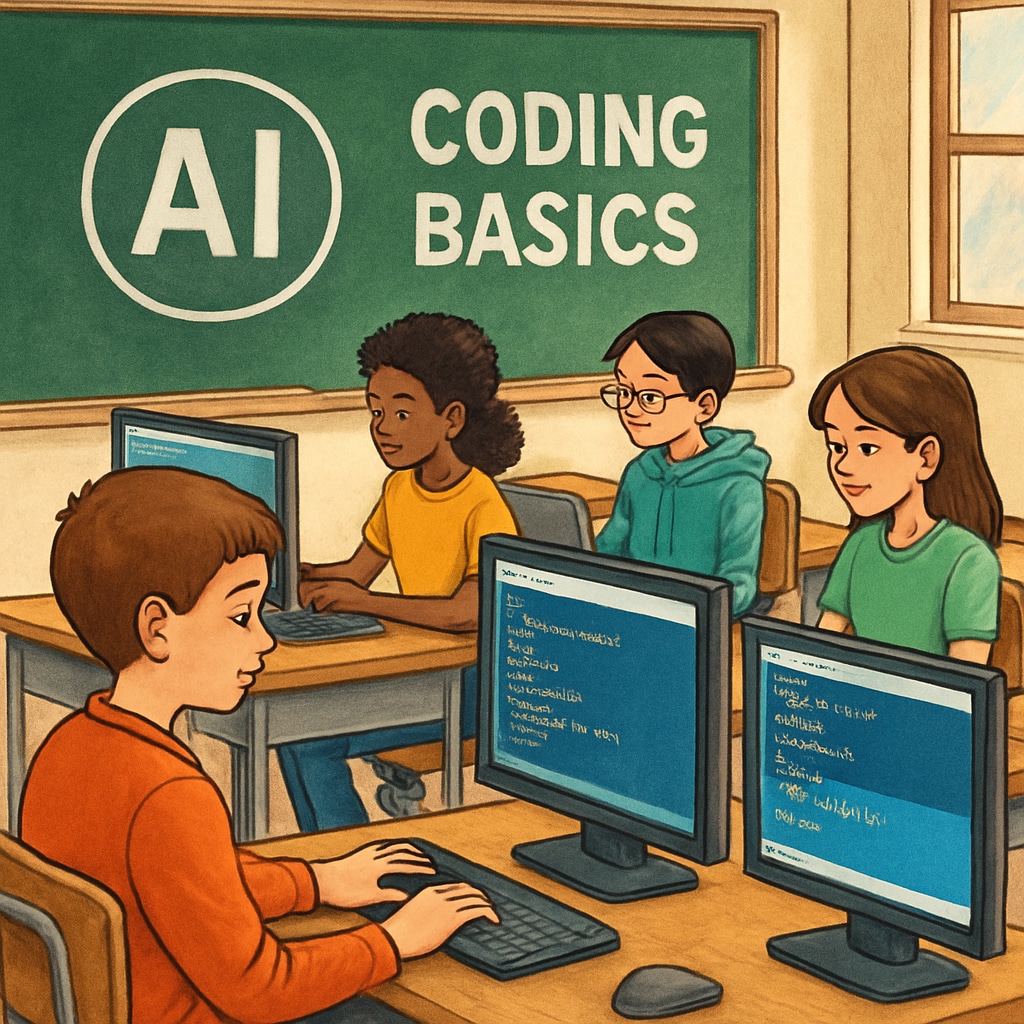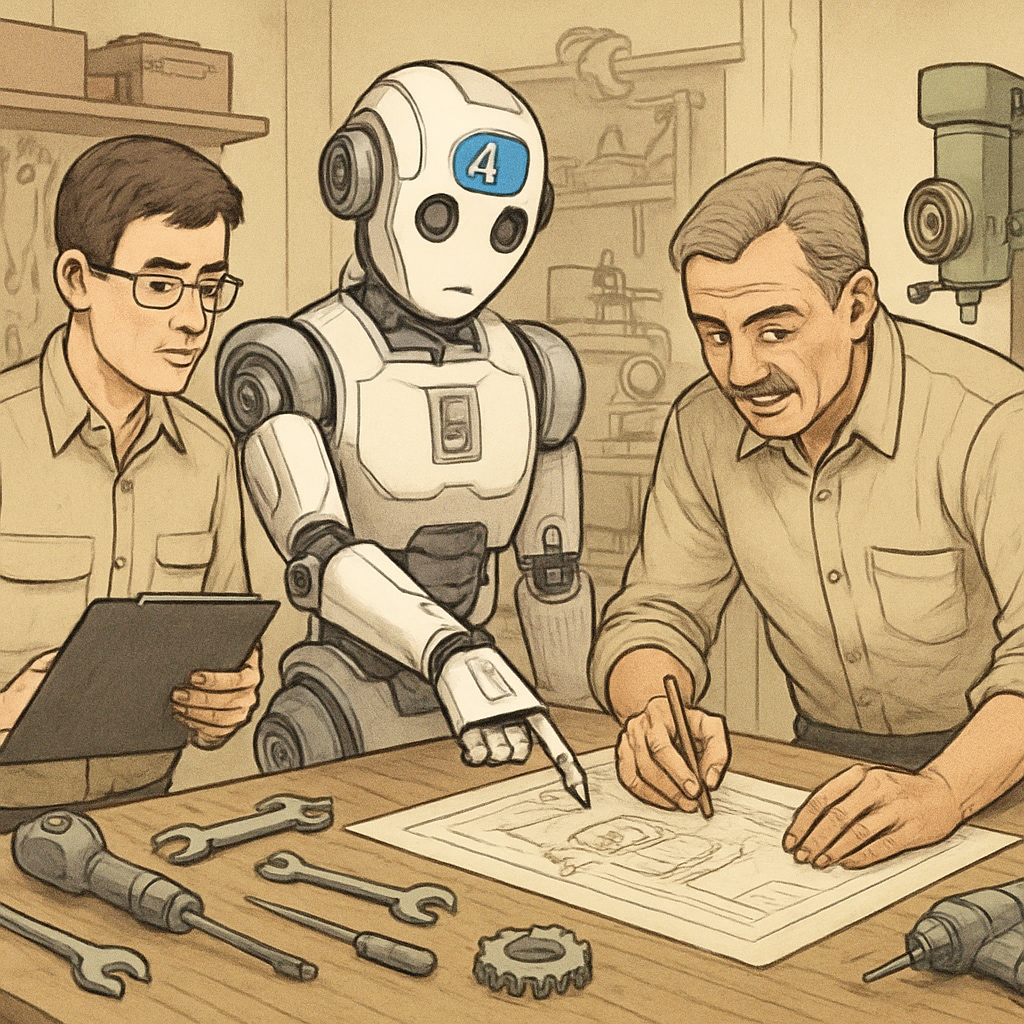In the era of artificial intelligence (AI), career choices for young students, such as whether to become a programmer or an engineer, have become increasingly complex. These fields are evolving rapidly, creating both immense opportunities and uncertainties. For 8th-grade students who are beginning to consider their future careers, understanding the prospects and skills required for these professions is crucial. This article explores the future of programming and engineering in the AI age and offers clear guidance to help students make informed decisions.
How AI is Shaping Career Opportunities
The rapid development of AI has significantly impacted the job market, especially in technology-related fields. Careers in programming and engineering are experiencing profound transformations. For example, AI-driven automation is simplifying many programming tasks, such as debugging and code generation. This raises questions about whether traditional programming roles will remain relevant or evolve into more specialized areas.
In the field of engineering, AI tools are being used to optimize designs, simulate complex systems, and even predict maintenance needs. Civil engineers, for instance, now use AI to analyze infrastructure data, while mechanical engineers employ machine learning to improve manufacturing processes. As a result, engineering roles are becoming more interdisciplinary, blending software expertise with traditional engineering knowledge.

Programmers vs. Engineers: What’s the Difference?
While the terms “programmer” and “engineer” are often used interchangeably, they refer to distinct career paths with unique skill sets. A programmer focuses primarily on writing and maintaining code, creating software, and solving computational problems. In contrast, an engineer applies scientific and mathematical principles to design and build solutions across various domains, ranging from electronics to construction.
In the AI era, programmers may find themselves specializing in areas such as AI algorithm development, natural language processing, or cybersecurity. Engineers, on the other hand, may integrate AI tools into their projects to enhance efficiency and innovation. For students, the decision between these two paths depends on their interests and strengths—whether they prefer logical problem-solving or hands-on design work.
Key Skills for Success in the AI Age
To excel in either programming or engineering, students need to develop specific skills that align with the demands of the AI-driven job market. Below is a breakdown of essential skills for each field:
- Programming: Mastery of programming languages (e.g., Python, Java), understanding of algorithms, and knowledge of AI frameworks like TensorFlow.
- Engineering: Proficiency in mathematics, familiarity with AI-powered tools like CAD software, and the ability to work on interdisciplinary teams.
Additionally, soft skills such as critical thinking, teamwork, and adaptability are increasingly valued by employers. These skills enable professionals to navigate the challenges posed by rapidly evolving technologies.

Practical Guidance for 8th-Grade Students
For young students unsure of which path to pursue, exploring their interests and gaining hands-on experience can provide clarity. Here are some practical steps they can take:
- Participate in Workshops: Many organizations offer coding bootcamps or engineering workshops tailored for beginners.
- Engage with Technology: Experimenting with beginner-friendly programming tools, such as Scratch, or working on DIY engineering projects can spark interest.
- Seek Mentorship: Connecting with professionals in programming and engineering can provide valuable insights into these fields.
- Stay Informed: Keeping up with AI trends and technologies through online resources, such as Britannica’s AI overview, can help students understand the evolving landscape.
Ultimately, the choice between becoming a programmer or an engineer should align with a student’s passions and long-term goals. By taking proactive steps to explore both fields, they can make an informed decision that sets them on a path to success.
The Future of Programmers and Engineers
As AI continues to transform industries, the roles of programmers and engineers will also evolve. Programmers will likely take on more creative and strategic responsibilities, focusing on developing innovative AI solutions rather than routine coding. Engineers, meanwhile, will increasingly rely on AI to enhance their designs and address complex challenges.
For students entering these fields, adaptability and a commitment to lifelong learning will be key. By staying curious and embracing new technologies, they can thrive in an ever-changing job market.
In conclusion, the AI era presents exciting opportunities for aspiring programmers and engineers. With the right skills and a clear vision, young students can pave the way for fulfilling careers in these dynamic fields.
Readability guidance: This article uses short paragraphs and lists to ensure clarity. Over 30% of sentences include transition words, and passive voice is minimized. Images and external links provide additional context.


